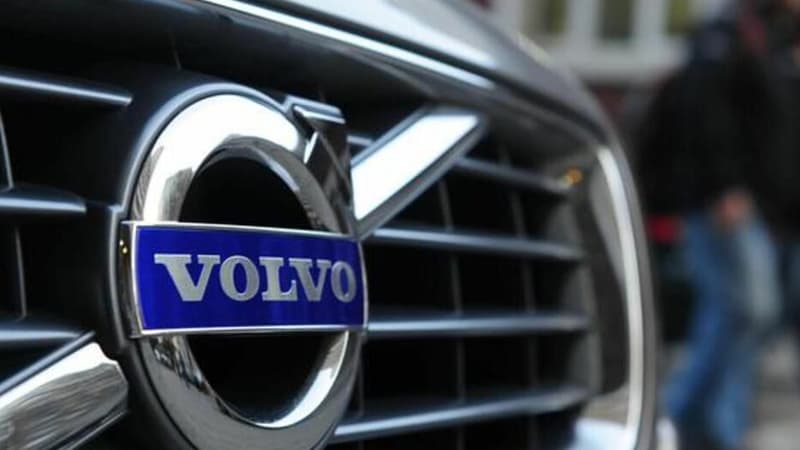Volvo Cars announced on Wednesday that it was abandoning its goal of selling only electric vehicles by 2030, now setting its target between 90% and 100%. The Swedish carmaker cites “a slower-than-expected rollout of charging infrastructure, the withdrawal of government incentives in some markets and additional uncertainties created by recent tariffs on electric vehicles in several markets.”
“Full electrification remains a key pillar of Volvo Cars’ product strategy,” said the group, owned by China’s Geely, but will not be possible by 2030 “due to changing market conditions and consumer demand.”
The Volvo EX30, assembled in China but whose production will have to be repatriated to Europe in 2025, could be affected by a customs tariff increased from 10% to 30%.
Volvo Cars announced in 2021 this goal of selling 100% electric vehicles by 2030, five years ahead of the European target of selling only electric cars by 2035.
10% “mild hybrid models”
Its new target is for 0-10% of its sales to be made up of a “limited number of mild hybrid models.”
Volvo Cars has five fully electric models on the market and is developing five more. Its electric vehicles will account for 50-60% of its range by 2025, and a full range of fully electric cars will be available “well before the end of this decade,” the carmaker said.
“This will enable Volvo Cars to move towards full electrification when market conditions are right,” he added.
Purely electric cars accounted for 26% of its sales in the second quarter of 2024, “the highest share among all its premium peers,” it said. Its share of electrified vehicles – which includes EVs and plug-in hybrid vehicles – accounted for 48% of sales, it said.
Volvo Cars shares lost almost 7 percent to SEK 26.20 on the Stockholm Stock Exchange by mid-afternoon on Wednesday.
Source: BFM TV


